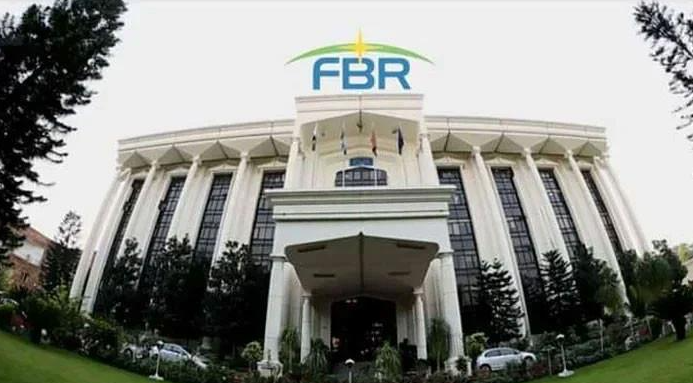In response to mounting pressure from the business community, the Federal Board of Revenue (FBR) has rolled back the blanket arrest powers previously granted to Inland Revenue officers. Moving forward, such powers will only be applicable in specific cases involving serious sales tax fraud—particularly those tied to fake or flying invoices.
This policy clarification was issued via an explanatory circular released Monday, aiming to ease growing concerns from traders and tax professionals over the potential for abuse of authority under the Finance Act 2025.
Judicial Oversight Now Mandatory for Sales Tax Arrests
Under the revised framework, arrest warrants will now require judicial approval before any Inland Revenue official can detain an individual in connection with sales tax fraud. Specifically, arrests under subsection (9) of Section 37A of the Sales Tax Act will only be pursued in cases deemed “heinous” or “material,” such as the use of fabricated tax invoices or bogus entities.
Several safeguards must also be met before any arrest is considered:
- The suspect is believed to be tampering with evidence.
- There’s a risk of the individual fleeing.
- The accused has ignored at least three separate notices to cooperate with investigators.
The FBR has also announced plans to issue a detailed procedural guide via a Sales Tax General Order (STGO) that will define how and when subsections (8) and (9) of Section 37A can be operationalized.
Distinction Between Fraud and Non-Compliance Made Clear
In an effort to improve legal clarity, the FBR has also amended Section 11E of the Sales Tax Act. The updated language now makes a clear legal distinction between non-compliance and deliberate fraud. Routine failures to comply—such as filing delays or clerical errors—will be treated differently from willful tax evasion involving collusion or deception.
Specifically, any tax non-payment involving fraud will now fall under Section 37A, which governs criminal prosecution. In contrast, Section 11E will apply only to civil cases involving procedural lapses or non-compliance without criminal intent.
This legal bifurcation addresses a long-standing criticism that honest taxpayers could be lumped together with tax fraudsters under vague or overlapping provisions.
New Civil Court Powers for Inland Revenue Officers
The FBR has also added a new provision—subsection (4) to Section 37—granting Inland Revenue officers certain civil court powers under the Code of Civil Procedure, 1908. This move is designed to streamline civil proceedings and enhance enforcement capabilities in tax recovery cases.
Why It Matters
The FBR’s policy shift reflects a growing sensitivity to the concerns of Pakistan’s business community, which has frequently complained of harassment and arbitrary enforcement under the guise of tax collection. By narrowing the scope of arrest powers and introducing judicial oversight, the FBR hopes to rebuild trust while still cracking down on genuine tax fraud.
This move signals a balancing act: maintaining pressure on chronic tax evaders while protecting compliant businesses from overreach.

